B.C.’s housing market faces a 2025 slowdown amid trade tensions, high rates, and policy changes, though a strong rebound is forecast for 2026, says BCREA.
VANCOUVER, B.C. — British Columbia’s housing market is poised for another year of sluggish performance, as global trade tensions and economic unease continue to cast a long shadow over buyer confidence.
According to a new housing forecast released Wednesday by the B.C. Real Estate Association (BCREA), residential sales in the province are projected to decline by 1.1% in 2025, dropping to 73,650 units. The impact is expected to hit Metro Vancouver and the Fraser Valley even harder, where sales are forecast to fall 1.6% and 2.4%, respectively.
Tariffs Shake Buyer Confidence
BCREA’s chief economist Brendon Ogmundson pointed to the escalating trade tensions—particularly between the U.S. and China—as a key factor stalling market activity.
“Many were hoping for a more stable housing year,” said Ogmundson. “But the threat of a global trade war has created a cloud of uncertainty. While there’s clear pent-up demand, it’s being held back by anxiety about where the economy is headed.”
The report notes that early 2025 sales in Metro Vancouver are already 7% below last year’s weak first-quarter performance. In the Fraser Valley, that figure jumps to a concerning 23% decline.
On the Ground: Slower Sales, Higher Risk
Realtor Harvey Gill of Re/Max City Realty in Vancouver said the slowdown began late last year and shows no signs of letting up.
“Inventory is up, but buyers are nervous,” he said. “Tariffs are one part of it, but high mortgage rates and stricter lending requirements are making it hard for people to qualify.”
Gill also cited a wave of refinancing pressure hitting homeowners who locked in ultra-low rates during the pandemic.
“Now, those mortgages are renewing at much higher rates. Monthly payments are rising sharply, and some people just can’t make it work,” he explained.
In some cases, presale buyers are backing out before completion, forfeiting deposits as they scramble to offload units they can no longer finance.
Policy Pressures Add to Market Strain
Beyond economic factors, federal and provincial policies are also cooling demand. These include:
- A foreign buyer ban extended to 2027 for major urban areas
- The B.C. speculation and vacancy tax
- A newly implemented home flipping tax, targeting short-term investors
These measures, aimed at curbing real estate speculation and making housing more affordable, are further complicating the landscape for buyers and sellers alike.
A Glimmer of Hope for 2026
Despite the gloomy near-term outlook, BCREA economists expect a strong rebound in 2026, as markets stabilize and buyer confidence returns.
Residential sales across B.C. are forecast to rise 8.8% next year, reaching 80,150 units. The Metro Vancouver region is projected to lead the recovery with a 13.5% jump, followed by 7.4% growth in the Fraser Valley and 10.7% in Chilliwack.
While B.C. may be more insulated than other provinces from U.S. economic fallout, the association warns that continued volatility with global trading partners, especially the U.S. and China, could weigh heavily on the province’s broader economic performance heading into 2026.




